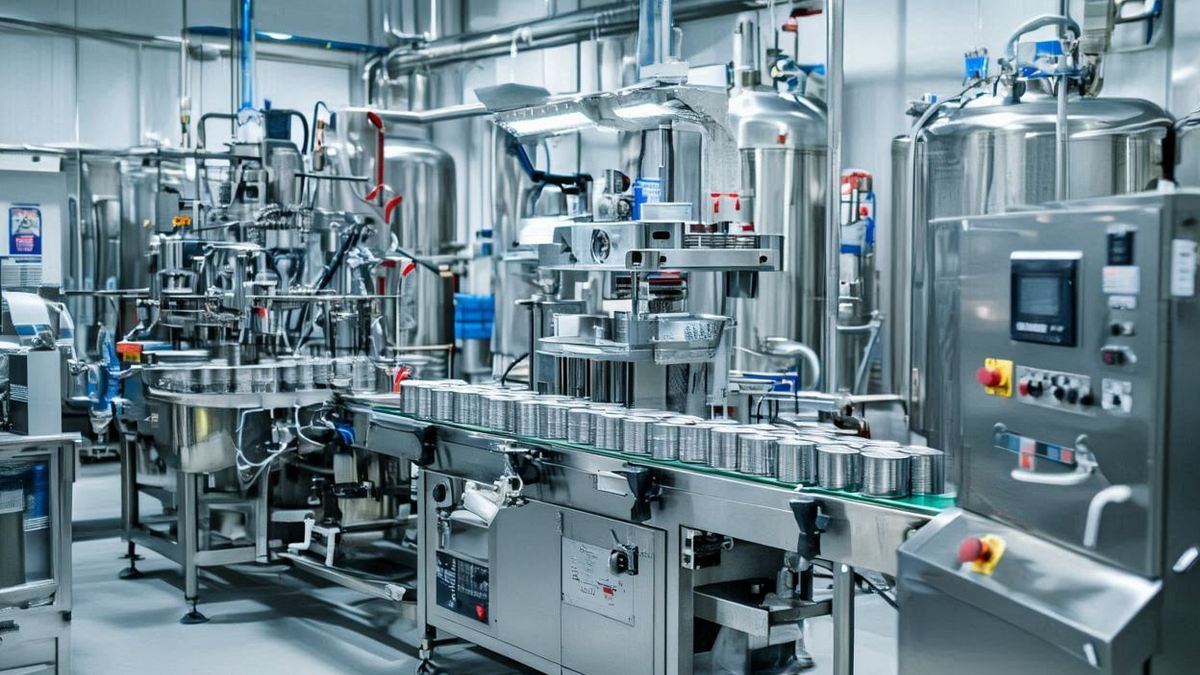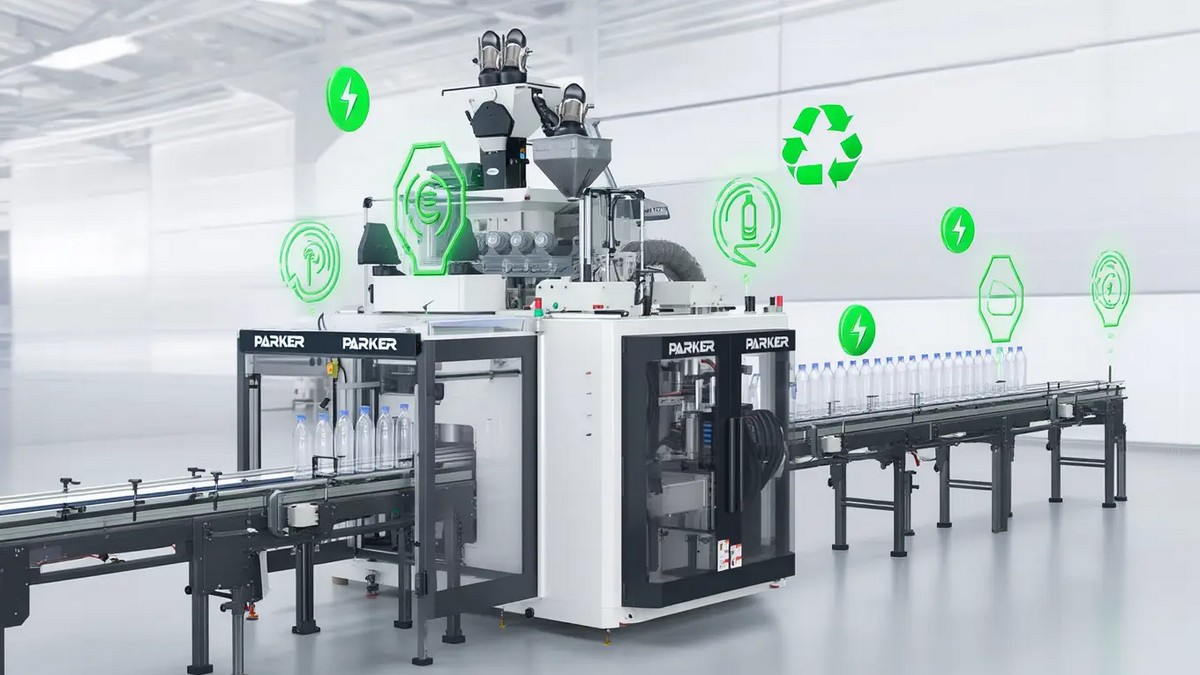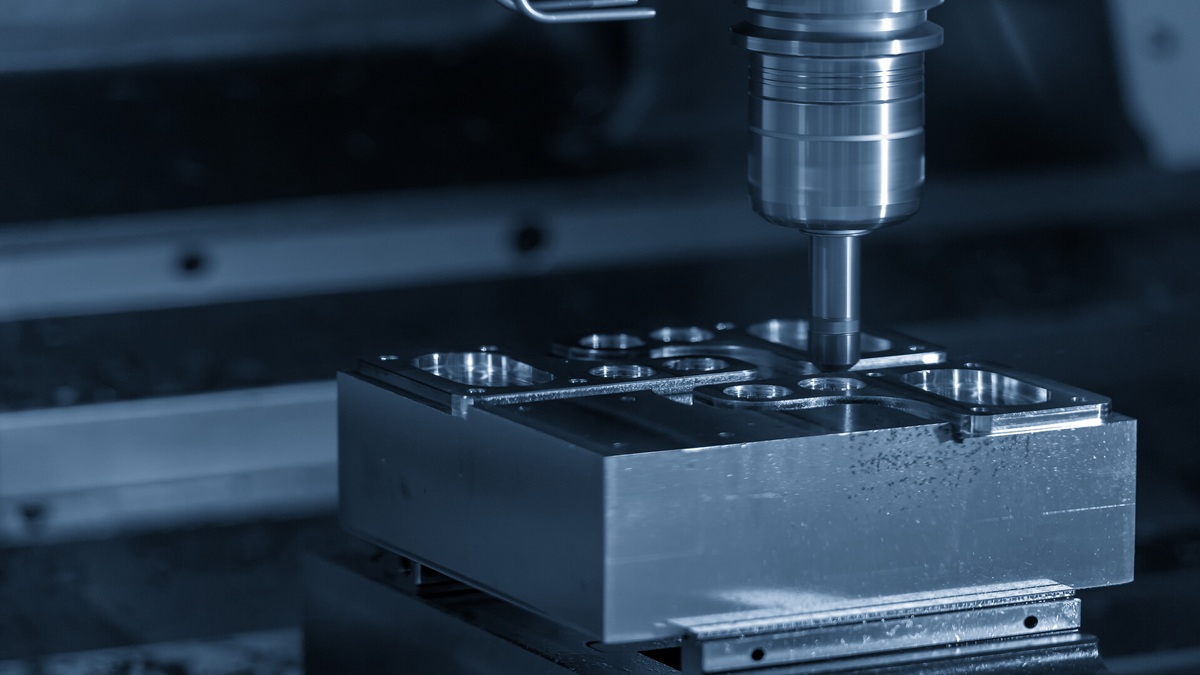As global industries increasingly embrace automation, digitalization, and sustainable production, Taiwan has emerged as a leader in this new wave of industrial transformation. Building on its strong foundation in traditional manufacturing—and accelerated by national initiatives like "Taiwan Industry 4.0"—Taiwanese manufacturers are rapidly upgrading their capabilities, creating exciting opportunities for both global buyers and local innovators.
Strategic Government Initiatives Supporting Smart Manufacturing and High-Tech Talent Development
Taiwan’s transition to smart manufacturing is supported by a broad government strategy that modernizes industry infrastructure while cultivating the next generation of high-tech talent. In a 2024 report, Taiwan’s Executive Yuan outlined a comprehensive plan to strengthen the nation’s position in science and technology through expanded investment, workforce development, and ecosystem support.
Key elements of this strategy include incentives for outstanding researchers, support for doctoral research, and initiatives aimed at attracting multidisciplinary talent—particularly in critical fields such as semiconductors, quantum computing, space, 6G, net-zero emissions, and age-tech. The plan also emphasizes increasing women's participation in science and optimizing recruitment and family-support policies.
Three major programs illustrate this strategic direction:
• Smart Machinery Promotion Office
Tasked with fostering a smart manufacturing ecosystem, this office leverages Taiwan’s strengths in precision machinery and ICT to develop industry-specific smart solutions and drive digital transformation.
• Smart Manufacturing Technology Test Site
This national demonstration center is equipped with fully domestically produced high-end machinery and digital systems. It hosts nine integrated smart production lines and serves as both a planning hub and a showcase for Taiwan’s Industry 4.0 capabilities.
• Smart Machinery Park in Taichung
To support factory development and technology testing, the Taichung City Government has expanded the Fengzhou Science Park into a specialized Smart Machinery Park, designed to serve industrial clusters with the infrastructure needed for advanced manufacturing.
Growth, Value Chains, and Industrial Clusters
Industry Growth and Global Reach
As of 2023, Taiwan’s smart machinery industry reached a production value of NT$1.2 trillion (approximately USD 38 billion), marking it as a key driver of Taiwan’s Industry 4.0 evolution.
Although the machinery industry experienced a downturn between 2019 and 2020 due to the U.S.-China trade conflict and the COVID-19 pandemic, it rebounded quickly as global attention shifted to supply chain resilience and digital transformation. By 2022, output had returned to pre-pandemic levels, with machine tool exports reaching USD 2.78 billion—a 29.1% increase from 2020, according to data from the Taiwan Machine Tool & Accessory Builders' Association (TMBA). Today, Taiwan ranks among the world’s top machine tool producers and exporters.
Integrated Industrial Value Chains
Taiwan's manufacturing ecosystem benefits from deeply integrated value chains encompassing raw materials, components, subassemblies, and complete machinery systems. These value chains support a wide range of sectors—including automotive, aerospace, consumer electronics, molds and dies, and medical devices—contributing to Taiwan’s agility and scalability in delivering advanced manufacturing solutions.
Digital Twins: Key Technology Enablers in Smart Manufacturing
Powered by technologies such as artificial intelligence (AI), the Internet of Things (IoT), and robotics, Digital Twins create real-time virtual replicas of machines or production lines. These enable predictive maintenance, performance monitoring, and process optimization. Integrated with smart factory platforms, they drive agile, efficient, and data-driven operations across Taiwan’s advanced manufacturing sector.
Regional Industrial Clusters Driving Innovation
According to the Ministry of Economic Affairs (MOEA), Taiwan’s machinery industry is supported by approximately 18,000 companies employing over 300,000 people. These businesses are organized into three major regional clusters, each with its own specialty:
• Northern Taiwan (New Taipei, Taoyuan, Hsinchu)
Home to clusters focused on semiconductor equipment, precision sensors, industrial computers, and automated systems. Notable companies include Fair Friend Group (FFG), Delta Electronics, and Advantech.
• Central Taiwan (Taichung, Changhua)
A major hub for machine tools, ball screws, linear guides, and industrial machinery (e.g., textile, rubber, plastics), as well as smart robotics and automation systems. Key players include HIWIN, Precision Motion Industries, and Gallant Precision Machining.
• Southern Taiwan (Chiayi, Tainan, Kaohsiung)
Specializing in screw and plastic processing machinery, semiconductor equipment, controllers, and precision molds. Representative companies include Tongtai Machine & Tool, CCM, and E&R Engineering Corp.
Business Opportunities for Global Buyers and Local Innovators
For Global Buyers
Taiwan’s smart manufacturing sector offers global buyers access to high-quality OEM/ODM partners with deep expertise in Industry 4.0 technologies. From customized automation solutions to advanced production systems in industries such as healthcare and green energy, Taiwan delivers resilient supply chains anchored by a robust industrial ecosystem and efficient global logistics.
For Local Innovators
Domestic companies benefit from government-backed digital transformation programs, enabling them to move up the value chain through brand development and OBM (Own Brand Manufacturing) strategies. With increasing demand across Southeast Asia, Europe, and North America—and strong R&D support from Taiwan's universities and institutes - local innovators are well-positioned to expand globally and lead in smart manufacturing innovation.
6 Taiwan Companies Showcased at Malaysia’s Smart Nation 2024
Taiwanese manufacturers have actively targeted Malaysia as a key market for expansion in recent years. At the 2024 Smart Nation exhibition, six companies exploring opportunities under the New Southbound Policy were featured at the Taiwan Smart Manufacturing Pavilion, including:
• NexAIoT – The Enterprise War Room (EWR) serves as a centralized command center where real-time production data, predictive maintenance metrics, and supply chain insights are visualized and monitored. This integrated platform empowers factory teams to make rapid, data-driven decisions—enhancing operational efficiency, minimizing downtime, and driving Industry 4.0 transformation.
• HIWIN – One of the world’s leading providers of motion control and system technology, showcased smart upgrade solutions for semiconductor production lines
• Syntec Technology – Showcased cutting-edge industrial and collaborative robotics solutions.
• S-Link – Presented digital twin solutions for intelligent manufacturing environments.
• GMT GLOBAL – Offered high-precision positioning solutions
• Pitotech – Demonstrated Industry 4.0 solutions including digital twins, smart factory expansions, and big data analysis platforms.
The Taiwan Smart Manufacturing Pavilion at Smart Nation 2024 is expected to generate over USD 6.8 million in business opportunities within one year following the show.
Looking Ahead: Taiwan's Role in the Global Smart Manufacturing Ecosystem
As global industries demand smarter, greener, and more adaptive manufacturing processes, Taiwan is uniquely positioned to serve as a strategic partner. With its engineering excellence, innovation culture, and commitment to digitalization, Taiwan remains a critical link in the global smart manufacturing value chain.
For international businesses seeking to enhance production capabilities, Taiwan offers not only reliable partners, but also cutting-edge solutions that support the next wave of industrial growth.












.jpg)
.jpg)
.jpg)